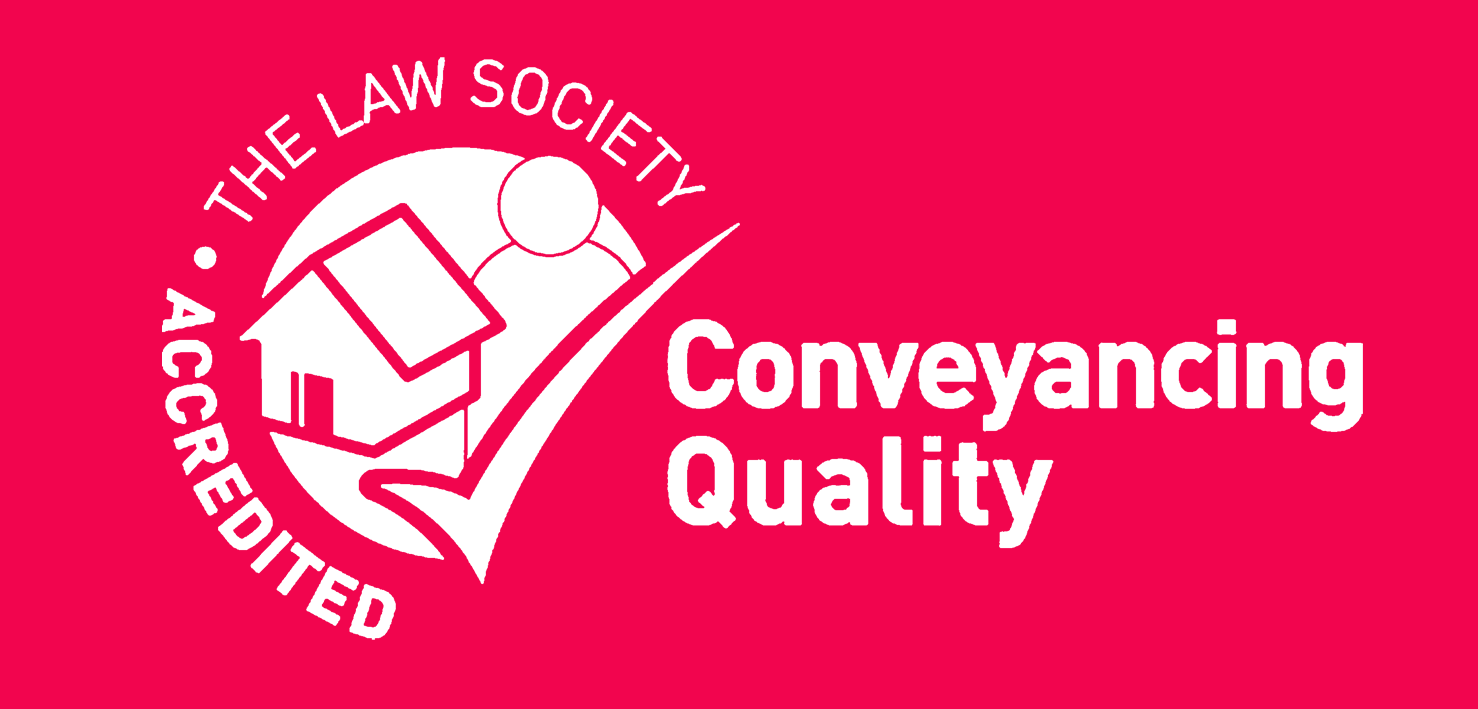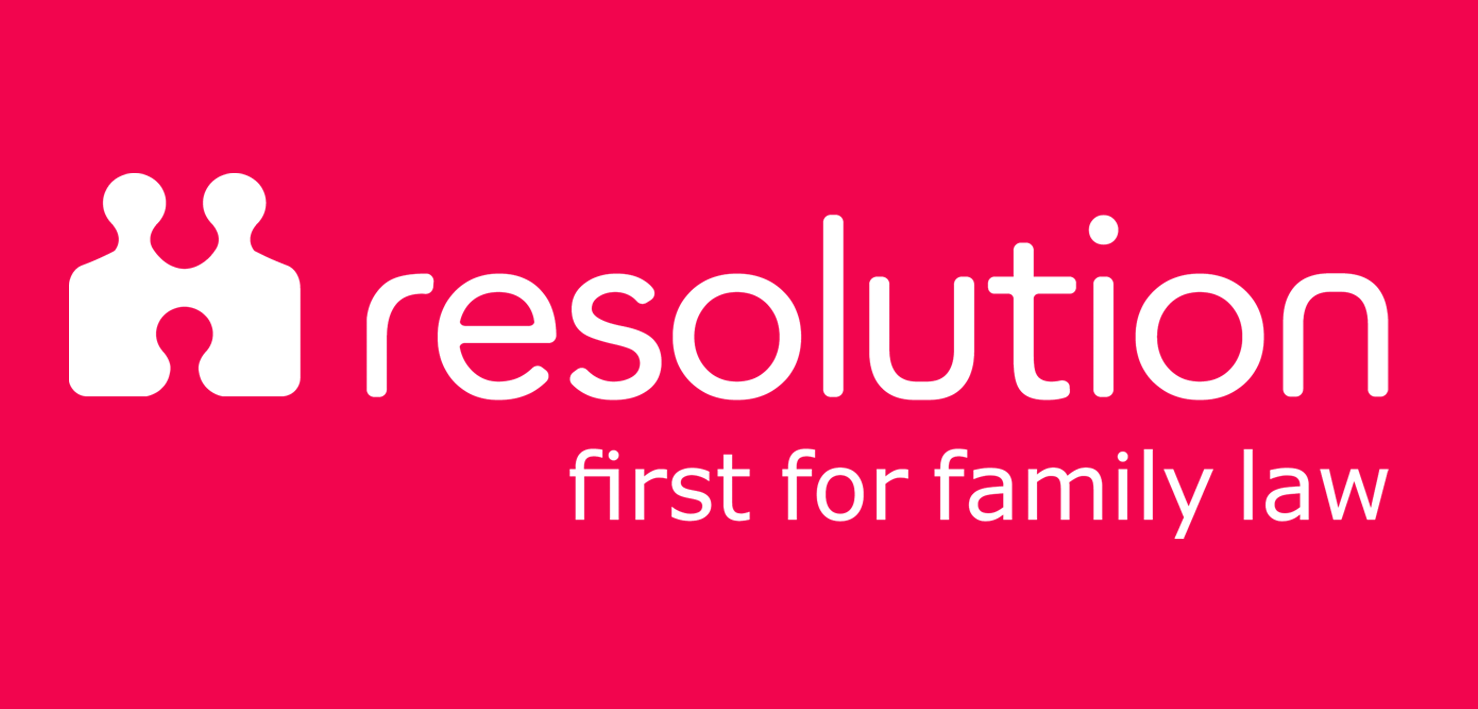When a loved one passes away it can be very daunting knowing what the next steps are in dealing with their estate.
One of the main questions is whether you need to apply for a Grant of Probate if you have been appointed as an Executor under their Will.
Alternatively, if they didn’t leave a Will (intestate) and you are acting as the personal representative, whether you need to apply for a Grant of Letters of Administration.
The Grant is the legal authority which allows Executors or Personal Representatives access to the deceased’s assets. It confirms to the organisation holding the assets that they are releasing them to the correct people. Whether or not you need to obtain a Grant completely depends on the type and size of assets (or debts) that the deceased owned at the time of their death.
Although each estate needs to be dealt with on an individual basis, here are some useful tips to consider:
- Did the deceased own a property? If they owned a property as joint tenants, then this passes by survivorship to the other joint owner and so therefore a Grant is not required. However, if they owned a property in their sole name you will need to obtain a Grant to sell or transfer this.
Finally, if they owned a property with someone as tenants in common (which means their share passes under their Will), then you will usually need to obtain a Grant. - Did the deceased have bank accounts? Much like a property, if a bank account is in joint names then it automatically passes to the other joint owner by survivorship and so a Grant would not be required. However, certain types of accounts and accounts in their sole name, will sometimes require a Grant to be obtained to allow you access to the funds.
Every bank has their own threshold of how much can be withdrawn/transferred without the need of a Grant. It is important to speak to each organisation about their thresholds as they can range from £5,000 to £50,000. - Did the deceased have any stock or shares? If any of these are owned in joint names, they will again pass by survivorship. However, it is more likely that these will be in their sole name and so may trigger the need for a Grant.
Usually if they are worth more than £5,000 a Grant will be required, however some share registrars have a higher threshold. Again, each registrar has different amounts that they will allow you to sell or transfer without needing a Grant, so it is important to contact them directly. - Did the deceased have any premium bonds or certificates held with National Savings & Investments? If they held any of these with a value over £5,000 a Grant will be needed, however it is important to always confirm the position with NS&I.
- Has the deceased made gifts of money in the last 7 years? Gifting is another reason why a Grant may be required. There are specific rules on how much money you can gift each year and if any gifts breach the yearly allowance of £3,000 in the 7 years prior to the date of death, they will need to be considered for inheritance tax purposes.
This could mean that inheritance tax is then due to be paid from the estate and so a Grant will usually be required.
These are only a few points to consider as each person’s estate can potentially contain other assets, liabilities or complicating factors that will require a Grant.
There is a lot to consider when administrating an estate and it is important that you provide the correct figures to the Probate Registry when submitting your application.
If you would like to speak to someone about this or work out whether you require a Grant, we offer a free half an hour consultation. During this meeting we can take you through the next steps and will provide you with a quote as we work on a fixed fee basis.
For more information or to arrange your consultation please contact a member of our friendly and supportive Private Client team today.





